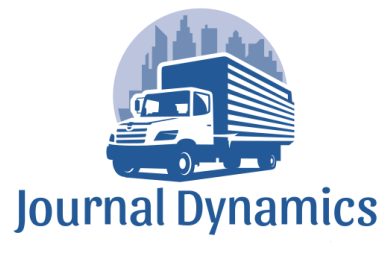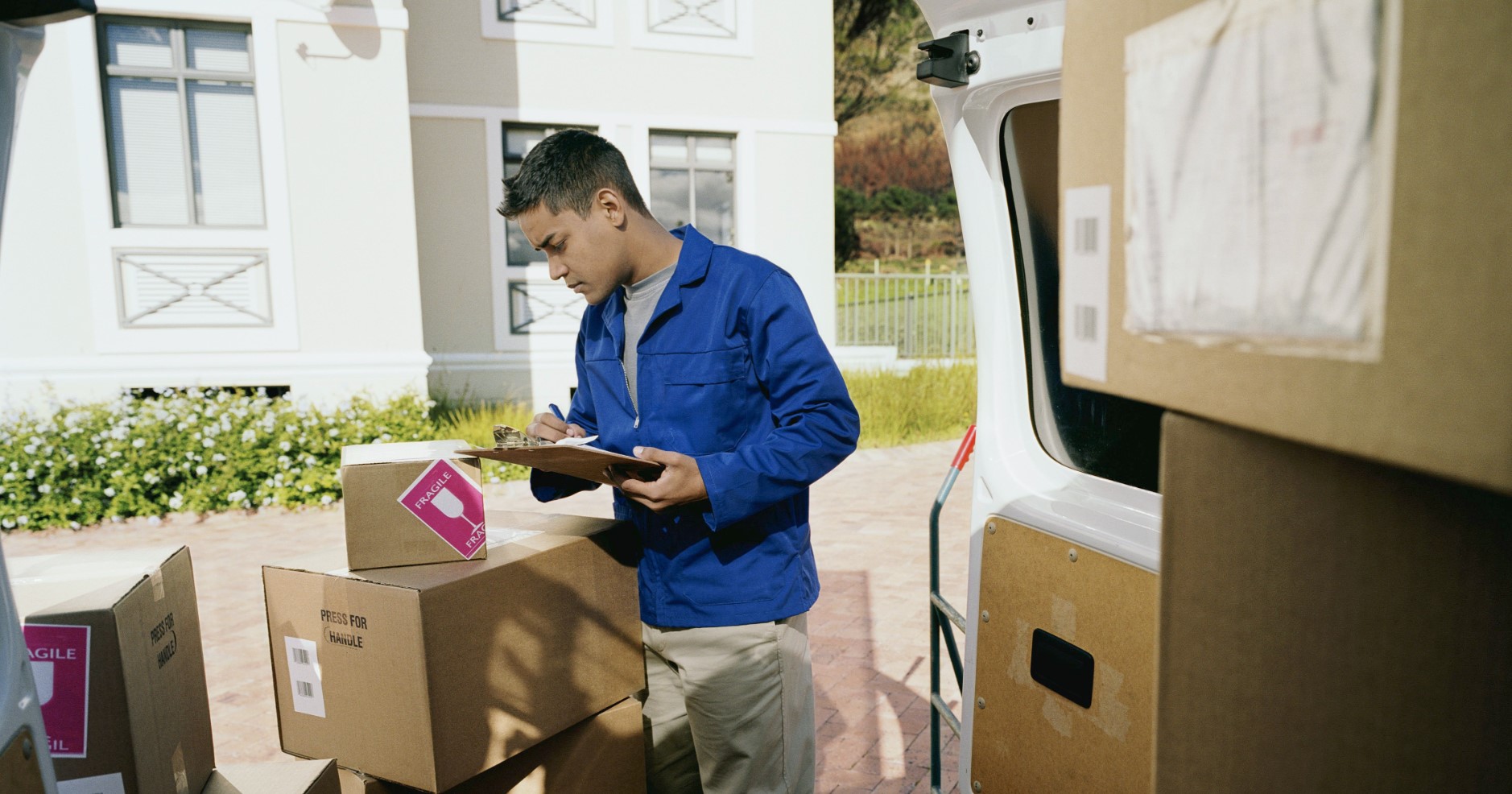Moving to a new home is an exciting adventure, but it can quickly become a nightmare if you don’t take the necessary precautions. That’s why hiring licensed and insured movers in Ajax is of utmost importance. Licensed and insured movers in Ajax offer numerous benefits and ensure a smooth and secure moving experience. Let’s explore why it’s crucial to choose professionals who possess the proper licenses and insurance.
Risks of Unlicensed and Uninsured Movers
When it comes to moving, working with unlicensed and uninsured movers poses significant risks. These individuals or companies may lack the necessary skills, experience, and qualifications to handle your move effectively. Moreover, unlicensed movers may engage in unethical practices, leading to potential scams or theft of your belongings. Without proper insurance coverage, you could face financial losses in the event of accidents, damages, or theft during the moving process.
Benefits of Hiring Licensed and Insured Movers
- Protection for Your Belongings: Licensed and insured movers have the necessary training and expertise to handle your possessions with care. They employ professional packing techniques, use appropriate equipment, and provide insurance coverage for your belongings, ensuring their safety throughout the move.
- Peace of Mind: By hiring licensed and insured movers, you can have peace of mind knowing that your move is in capable hands. They have the experience and knowledge to handle various moving challenges, allowing you to focus on other aspects of your transition.
- Accountability and Reliability: Licensed and insured movers are accountable for their actions. They are bound by specific regulations and standards, which helps ensure a reliable and trustworthy service. In case of any issues or disputes, you have recourse to legal remedies.
- Efficient and Time-Saving: Professional movers are well-versed in efficient packing, loading, and transportation techniques. They can save you considerable time and effort by efficiently organizing and executing your move.
- Reduced Physical Strain and Injury Risks: Moving heavy furniture and boxes can lead to physical strain or injuries. Licensed and insured movers have the necessary equipment and manpower to handle these tasks safely, reducing the risk of accidents or injuries.
Factors to Consider When Choosing Licensed and Insured Movers
- Reputation and Experience: Look for moving companies with a solid reputation and extensive experience in the industry. Positive customer reviews and testimonials can provide valuable insights into their level of professionalism and quality of service.
- Licenses and Insurance Coverage: Ensure that the moving company holds all the required licenses and certifications. Additionally, verify their insurance coverage, including liability and cargo insurance, to safeguard your belongings adequately.
- Transparent Pricing: Request detailed quotes from multiple moving companies and compare their pricing structures. Ensure there are no hidden fees or additional charges that could inflate your moving costs.
- Services Offered: Consider the specific services you require for your move, such as packing, storage, or specialty item transportation. Choose a moving company that offers comprehensive services tailored to your needs.
- Good Communication: Effective communication is crucial throughout the moving process. Opt for movers who are responsive, attentive to your requirements, and readily available to address your concerns.
Ensuring Legitimacy: Verifying Licenses and Insurance
It’s essential to verify the licenses and insurance of any moving company you consider hiring. To ensure legitimacy, follow these steps:
- Check with the local regulatory authority – Contact your state or local authority responsible for overseeing moving companies. Inquire about the validity and status of the moving company’s licenses.
- Confirm insurance coverage – Request proof of insurance and verify its authenticity. Ensure that the insurance covers your belongings adequately throughout the entire moving process.
- Cross-reference information – Cross-reference the provided license and insurance details with the regulatory authority’s records to ensure accuracy.
- Seek recommendations – Ask for recommendations from friends, family, or trusted sources who have recently moved. Their experiences and insights can help you make an informed decision.
The Role of Licensing in Ensuring Quality
Mover licensing serves as a vital regulatory mechanism to protect consumers and ensure quality within the industry. By obtaining a license, a moving company demonstrates compliance with specific legal requirements, safety standards, and ethical practices. Licensed movers are subject to inspections and audits, fostering accountability and maintaining a high level of service quality.
The Importance of Insurance Coverage
Moving involves inherent risks, such as accidents, property damage, or loss. Hiring insured movers provides essential protection for your belongings throughout the moving process. Moving companies typically offer various types of insurance coverage options, which can include:
- Full Value Protection – This coverage ensures that the moving company is liable for the full replacement value of any lost or damaged items.
- Released Value Protection – This is a basic coverage option that is often provided at no additional cost. However, it offers minimal compensation for lost or damaged items, typically based on their weight rather than their actual value.
Safeguarding Your Belongings with Licensed and Insured Movers
When you hire licensed and insured movers, you significantly reduce the risks associated with moving. These professionals employ industry best practices to ensure the safe handling, transportation, and delivery of your belongings. They use quality packing materials, proper equipment, and secure methods to safeguard your possessions throughout the entire process.
The Professional Expertise of Licensed and Insured Movers
Licensed and insured movers possess the necessary knowledge and expertise to execute a seamless move. They understand the complexities involved in the process and can navigate various challenges with ease. From disassembling furniture and safely packing fragile items to efficiently loading and unloading the moving truck, their professional expertise contributes to a smooth and successful move.
Common Challenges of DIY Moves
Opting for a do-it-yourself (DIY) move may seem like a cost-effective solution, but it often presents several challenges. Some common difficulties encountered during DIY moves include:
- Inadequate Equipment: Without access to proper moving equipment, you may struggle to safely lift and move heavy furniture and appliances.
- Lack of Experience: Moving requires skills and experience to ensure efficient packing, loading, and transportation. DIY movers may face difficulties in maximizing space utilization, leading to potential damage or the need for multiple trips.
- Time and Energy Constraints: Moving is a time-consuming and physically demanding process. Balancing the demands of packing, loading, and transportation with other responsibilities can be overwhelming.
- Limited Liability Coverage: When you choose a DIY move, your belongings may not have any insurance coverage in case of accidents or damages. This exposes you to potential financial losses.
The Legal Implications of Unlicensed and Uninsured Movers
Working with unlicensed and uninsured movers can have serious legal implications. It’s important to be aware of the following potential consequences:
- Lack of Legal Recourse – If you experience damages or loss of belongings during a move with unlicensed and uninsured movers, you may face challenges in seeking legal recourse or receiving compensation.
- Liability for Damages – If unlicensed movers cause damage to your property or injure themselves during the move, you could be held financially responsible for their medical expenses or property repairs.
- Violation of Regulations – Using unlicensed movers can result in violations of local or state regulations, subjecting you to potential fines or penalties.
How to Identify Licensed and Insured Movers
Identifying licensed and insured movers is crucial to ensure a safe and reliable moving experience. Consider the following steps when evaluating potential moving companies:
- Research Online: Utilize online resources to find reputable moving companies in your area. Visit their websites, read customer reviews, and assess their overall reputation.
- Check Licensing Databases: Many states maintain online databases where you can verify the licensing status of moving companies. Search for the moving company’s name or license number to ensure they are legitimate.
- Request Documentation: Ask moving companies to provide copies of their licenses and insurance certificates. Ensure the documents are valid and up to date.
- Consult the Better Business Bureau (BBB): The BBB provides ratings and customer feedback on moving companies. Check their website for any complaints or negative reviews about the company you are considering.
Tips for Finding Reliable Licensed and Insured Movers
Finding reliable licensed and insured movers requires careful consideration and research. Here are some tips to help you in your search:
- Seek Recommendations – Ask friends, family, or colleagues for recommendations based on their positive experiences with moving companies.
- Obtain Multiple Quotes – Reach out to several licensed and insured movers to request detailed quotes for your move. Compare the pricing, services offered, and terms and conditions to make an informed decision.
- Schedule In-Person Estimates – For larger moves, consider scheduling in-person estimates. This allows the moving company to assess the volume of items being moved accurately, providing a more accurate quote.
- Read Customer Reviews – Explore online platforms and review websites to gauge the experiences of previous customers. Pay attention to feedback related to the movers’ professionalism, timeliness, and the condition of belongings upon arrival.
- Ask for References – Request references from the moving companies you are considering. Contact these references to gain firsthand insights into their experiences and satisfaction levels.
Understanding Moving Insurance
Moving insurance provides coverage for potential damages or loss that may occur during the moving process. It is essential to understand the various types of moving insurance available to make an informed decision.
Exploring Different Types of Moving Insurance
- Full Value Protection: This type of insurance coverage ensures that the moving company is liable for the full replacement value of any lost or damaged items. In case of damage or loss, the moving company may either repair the item, replace it with a similar one, or provide compensation based on the item’s current market value.
- Released Value Protection: Released value protection is a basic coverage option typically offered at no additional cost. However, it provides minimal compensation for lost or damaged items, usually based on their weight rather than their actual value.
Evaluating the Scope of Insurance Coverage
Before finalizing your moving insurance, carefully evaluate the scope of coverage offered by the moving company. Consider factors such as deductibles, exclusions, and coverage limits to ensure your belongings are adequately protected throughout the move.
What to Do in Case of Damages or Loss
In the unfortunate event of damages or loss during your move, it’s important to follow these steps:
- Document Damages – Take photographs or videos of any damages immediately upon discovery. This documentation will serve as evidence when filing a claim.
- Notify the Moving Company – Inform the moving company about the damages or loss as soon as possible. Be specific in your communication and provide supporting evidence.
- File a Claim – Follow the moving company’s procedure for filing a claim. Provide all necessary documentation, such as photographs, videos, and inventory lists, to support your claim.
- Keep Copies – Retain copies of all correspondence, invoices, and documents related to the claim process. These records will be valuable if any disputes arise.

